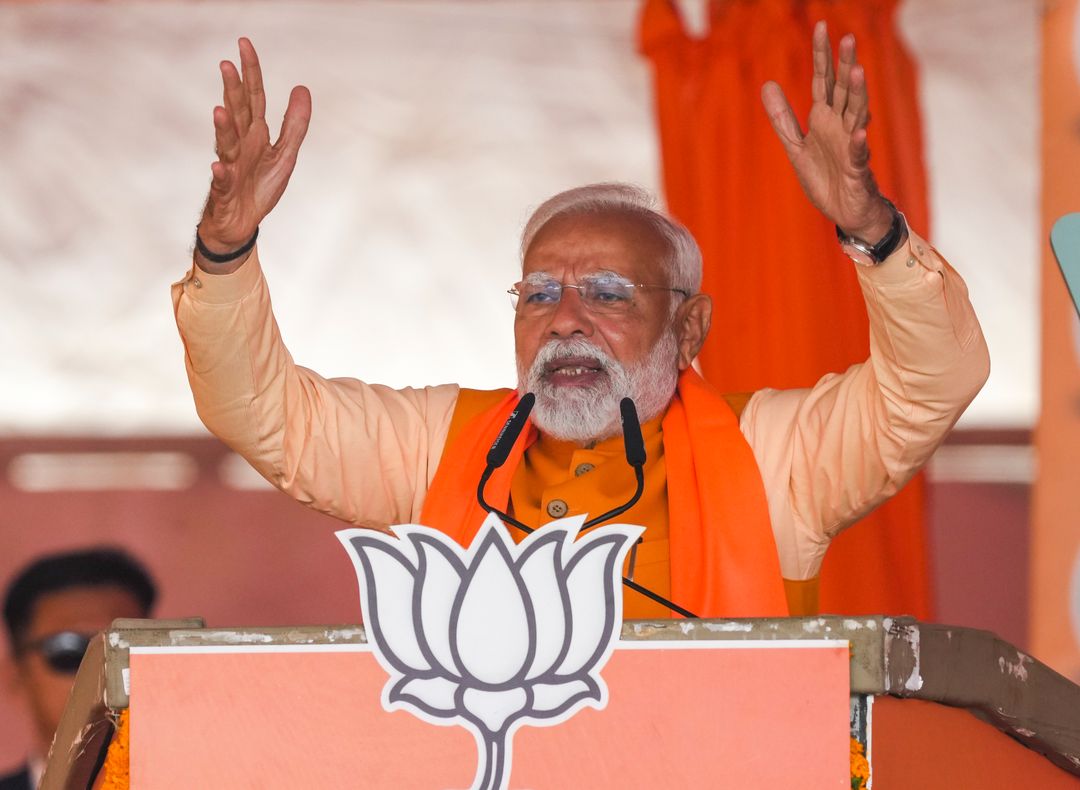Bengaluru, Feb 3 (PTI) – Former MP and Chairman of the All India Congress Committee’s Research Department, M V Rajeev Gowda, has strongly criticized the Union Budget 2025-26, calling the ‘middle-class tax cut’ a distraction from the country’s declining economic growth.
Gowda pointed out that while the government is celebrating the increase in the no-tax bracket to Rs 12 lakh, the budget fails to address the core issue of economic slowdown. "The growth rate has plummeted from 8.2% last year to 6.4% this year. The government’s claim that tax cuts will boost consumption is misleading because they will benefit only about 3 crore urban taxpayers, while the vast majority of Indians remain burdened by stagnant wages and rising loans," he said in a press release.
Call for Broader Relief Measures
Gowda emphasized that petroleum tax cuts or GST reductions would have been more effective in increasing consumption. "The budget does little for the rural population and working class, who are struggling with high costs and stagnant earnings," he added.Concerns Over Investment and Wealth Flight
Gowda also criticized the government for favoring a handful of dominant companies across 40 industrial sectors, which, he argued, discourages broader private investment. He highlighted that many high-net-worth individuals are choosing to invest abroad rather than in India, indicating a lack of confidence in the country’s economic policies.Funding Cuts for Marginalized Groups
The Congress leader further alleged that allocations for Scheduled Castes (SCs), Scheduled Tribes (STs), Other Backward Classes (OBCs), and minorities have been significantly reduced, reinforcing his claim that the government prioritizes urban, upper-class, and upper-caste interests.Lack of Infrastructure Investment
Gowda pointed out that despite the government’s emphasis on infrastructure, it has failed to utilize its budgeted capital expenditure. "There are no significant new infrastructure projects, and instead of giving states adequate funds for development, the Centre offers loans and conditional transfers," he said.Using Karnataka as an example, he highlighted that Raichur was denied an AIIMS allocation, irrigation projects like the Upper Bhadra scheme remain unfunded, and funding for the Bengaluru Suburban Rail Project remains stagnant at Rs 350 crore, delaying its progress.
Doubts Over Growth Projections
Gowda also questioned the feasibility of the government’s 6.3% real GDP growth target, citing global economic uncertainties. He pointed out that India’s Economic Survey itself acknowledges that sustained 8% growth is necessary for achieving "Viksit Bharat" by 2047, yet economic expansion has remained stuck around 6% for the past decade.With these concerns, Gowda dismissed the budget as an ineffective tool for real economic recovery, arguing that it serves selective interests rather than addressing the broader challenges facing the Indian economy.
Last updated by a enewsx:

